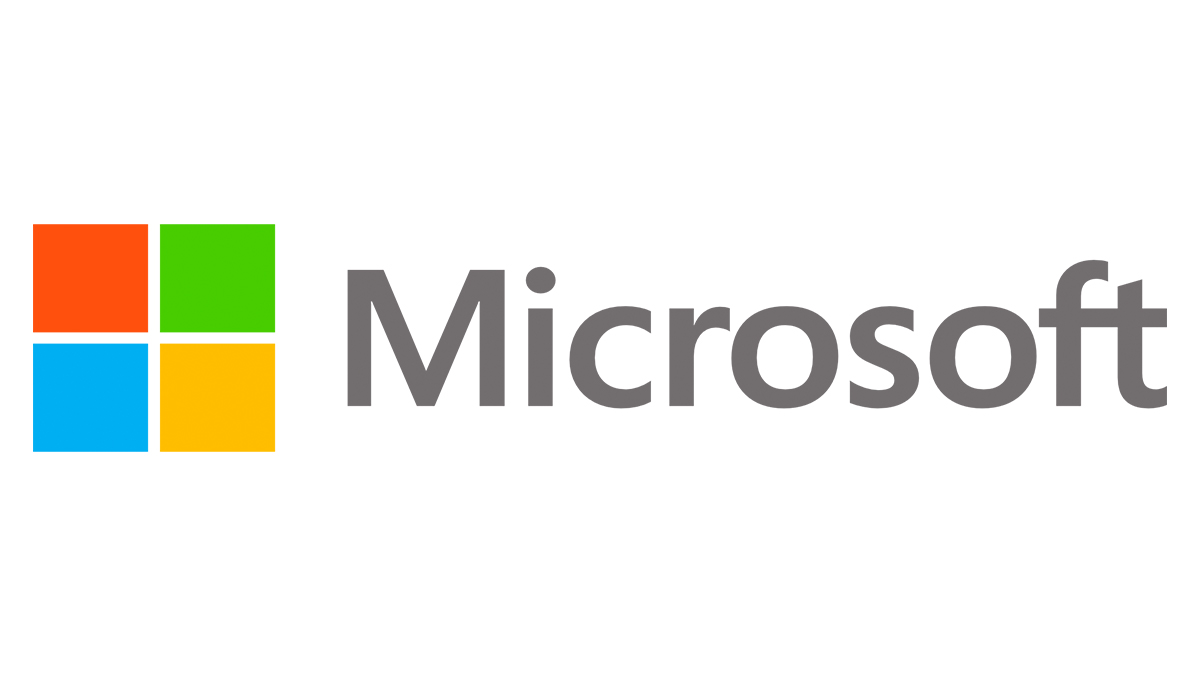A server without specialized software is just a powerful computer. Special server versions of operating systems and applications are provided for servers. If you need a server with Microsoft software (Windows OS, SQL server, Exchange server, RDP), you will need to purchase a server license for it.
However, a server license does not mean that users and their devices have the legal right to connect to the server. Additional client access licenses may be required to access. Let's take a look at the difference between client and server licenses.
Client licenses
Let’s start with client licenses, also known as CAL (Client Access License). They are of two types:
- User CALs. This type of license is beneficial when the user needs to provide access to the server from different devices: a laptop, phone, home or work computer, etc.
- Device CALs. This type of license is beneficial when the number of users is greater than the number of devices, for example, if employees are working by turns at the same computer connected to the server.
At the same time, if the organization has several servers, then one User CAL allows working legally with any of the servers. The same applies to the Device CAL: you can freely work with all available servers using it.
Server licenses
In turn, Server licenses are divided into the following types:
- Datacenter licenses (for cloud environments and highly virtualized data storage and processing centers);
- Standard licenses (for physical or minimally virtualized environments);
- Essentials licenses (for small organizations, no more than 25 users, and 50 devices). The good news is that there is no need for CALs when using Essentials.
Additionally, server licenses are available in 2-core and 16-core versions.
However, there are legal requirements by Microsoft that should be followed:
- All physical cores in the server need to be licensed.
- The minimum package of 2-core licenses for a server is 8 pcs. (or one 16-core license).
- The minimum package of 2-core licenses for a processor is 4 pcs. (This rule is activated when there are more than two processors).
- The Essentials license package grants the right to use one physical instance of Windows Server for one server, wherein:
- there is no terminal access;
- there is no possibility of using virtual machines;
- no more than 2 physical processors in the server are supported;
- no more than 64 GB of RAM is supported.
- The Standard License Package grants the right to use one physical and two virtual instances of Windows Server on one server.
- The Datacenter License Package grants the right to use one physical and any number of virtual instances of Windows Server on one server.
When is your own license more profitable?
Renting a license gives not only benefits but also some inconveniences. The benefit is obvious: it’s cheaper than buying a license for ownership in a short-term period. But what about inconveniences, things are a bit different, and they are not shouting about it from the rooftops.
The first difficulty you may face is the activities regulation of those from whom you can rent the required licenses, namely SPLA partners, in other words, hosting providers licensed by Microsoft. And these regulations define the following:
- workstations ownership, which means that workstations with Microsoft products installed under the SPLA program, must belong to an SPLA partner or must be rented by them. Products include not only operating systems but applications such as Office, Project, or Visio;
- the service provider can install the software via SPLA and on the servers belonging to the client, but the servers must be under the complete management and control of the service provider;
- Microsoft has the right to check the compliance of the SPLA partner’s report with the actual state of affairs at any time.
In other words: you're obliged to give full control of your server to those you are renting the license from. Therefore, if you have something to hide or you simply do not want uncontrolled access to your server by unauthorized persons, even if they are employees of eminent and reliable companies, then renting licenses is not your option.
The second unpleasant and even dangerous situation you may meet with is the lack of protection against the hoster’s dishonesty. For example, the hoster may provide pirated software under the guise of licensed software, despite all the assurances. Another situation, a little less menacing: when there is a partnership agreement with Microsoft, but information about issued licenses and payment for them, due to negligence or malicious intent of the hosting provider, is not processed correctly by Microsoft.
After one of the inspections by Microsoft, problems may arise not only for the hoster that provided the software for rent but also for the client. Simply because the client will have to urgently look for another place to put the data to continue to use them after the legal requirements by Microsoft to the current hoster to remove counterfeit software. In the meantime, the point is, it will take time, money, and nerves. If the server license is yours, there will be no complaints about it.
Now you are aware of the nuances of licensing, so you can make an informed final decision. We will be happy to provide you with servers in a reliable data center in Europe, which you can use with your own licenses.


Comments